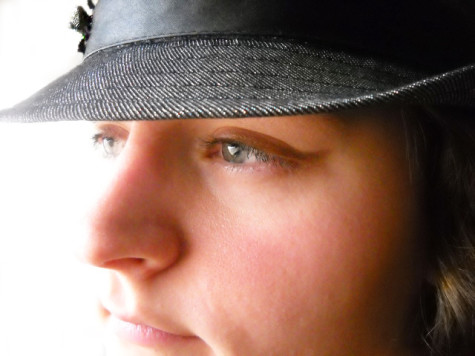College students often find themselves completing their last-minute homework at the wee hours of the morning. To keep awake during times of final exams, an increasing amount of students resort to energy drinks such as “Rockstar,” “AMP” or “Red Bull” to fight off weariness and study longer.
A recent Centers for Disease Control and Prevention (CDC) study revealed that 20 percent of teens that consume energy drinks believe the caffeinated beverages are safe.
But consuming energy drinks isn’t safe. States such as Maryland are looking at the possibility of banning or restricting the sale of energy drinks to children as a result of potential health risks.
“The health risks of energy drinks have been well documented,” an article by Medical News Today stated. “Last year, Medical News Today reported on a study revealing that energy drinks may alter heart function, while other research has found the beverages may increase heart rate and blood pressure, therefore increasing the risk of cardiovascular disease.”
In 2013 Medical News Today reported on a study that showed the number of adults and children receiving emergency medical treatment as a result of consuming energy drinks almost doubled from 10,068 to 20,783.
The main ingredient caffeine is associated with health problems. A typical energy drink can contain as much 500 mg of caffeine—the equivalent of 5 cups of coffee.
Regular sleep is better for you then any drink with caffeine in it. But if rest is in short supply and you need that extra boost, think twice before you pick up a “Rockstar” or “AMP” from the food court.

